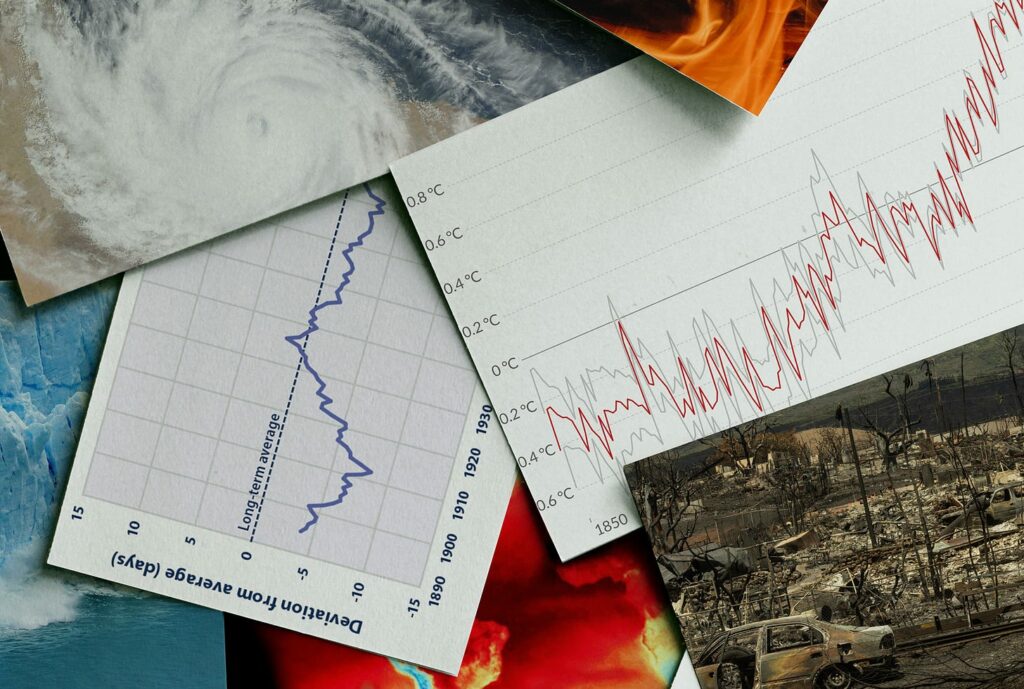Over at notrickszone.com Kenneth Richard discusses a group of recent papers in the scientific literature that let a rather wet cat out of the bag. Apparently it is well known among scientists that the rate of global sea-level rise, rather than accelerating as it was supposed to, has been slowing down since the turn of the century. It’s another of those things you’d certainly have read about in the news if the findings went in the opposite direction. To make matters worse, and we don’t mean in terms of devastating climate change, when researchers looked for evidence tying global patterns of sea-level change to greenhouse gas forcing, answer came there none. One study concluded the sea-level trend is “mainly due to internal variability.” Another concluded “The global pattern is consistent with a small thermo-steric sea-level rise with negligible acceleration, explained as a gentle recovery from the low temperatures of the Little Ice Age.”
It’s a pretty safe bet that no matter what alarmist trope is out there, once the data are in, the truth will be pretty much the opposite. So when we hear small island states saying they’re going to be submerged due to rising seas, or environmental activists warning that cities like Miami and San Francisco are in mortal peril due to the accelerating rise in sea levels, we’re entitled to get a second opinion.
In this case it’s that yes, the global sea level is rising, as it has been doing since the end of the last ice age 10,000 years ago. Yes it will continue doing so until the next ice age. But no it is not accelerating at the global level. If anything it has been slowing down slightly. And no it isn’t the fault of people driving their cars and heating their homes. Regardless of what the climate models say, sea levels insist on doing their own thing in their own way, based on natural influences. And lately it has meant they are slowing down, not speeding up.



The experts are using computer models to try to predict the extent and timing of the COVID-19 pandemic. If they're modifying existing climate models and trying to use them, the numbers are going to be exaggerated by a huge amount. I hope they're using *realistic* models for this actual global emergency.